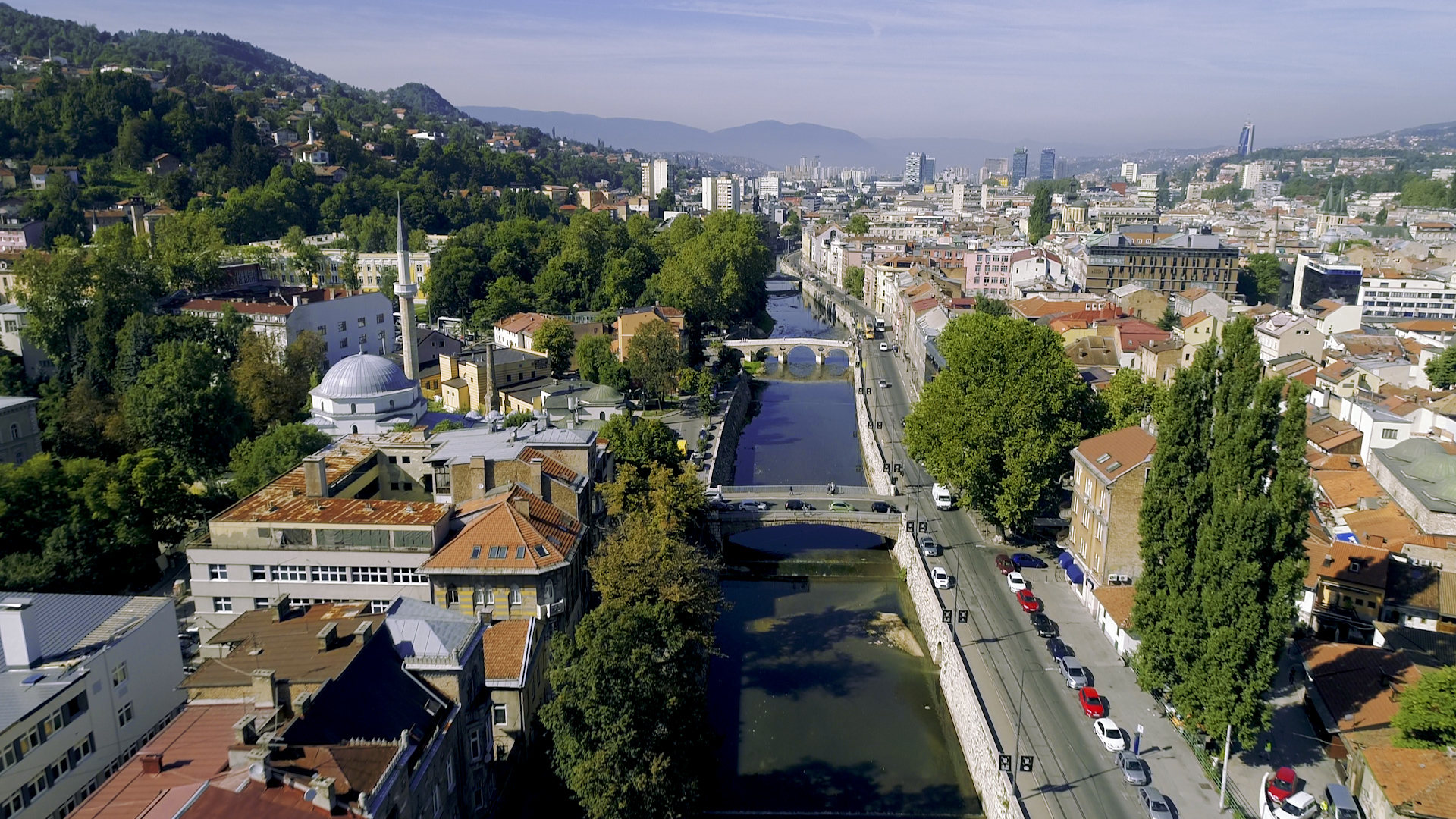
Bosnia and Herzegovina has confirmed its commitment to meet the obligations from the 2015 Paris Agreement by updating its Nationally Determined Contributions (NDC) and delivering the document to the United Nations Framework Convention on Climate Change (UNFCCC), thus becoming one of the first Western Balkan countries to adopt the updated NDC and set out an ambitious plan for reducing the greenhouse gas emission.
According to its updated NDC, Bosnia and Herzegovina plans to cut the greenhouse gas emission by 33.2 percent by 2030 and almost 66 percent by 2050, compared to 1990 level.
Under the Paris Agreement on climate changes from 2015, the world countries agreed to define their climate-related promises known as the Nationally Determined Contributions (NDC), which would help resolve the global warming issue. Also, the agreement urged the countries to review and enhance their NDC every five years.
Climate promise: What has Bosnia and Herzegovina committed to?
The key components of Bosnia's climate promise include a climate change adaptation segment, with interventions in climate-sensitive sectors such as agriculture, water resources, forestry, energy, tourism, biodiversity and health, as well as significant decarbonisation of the economy, especially the electricity sector, with investments of approximately 17 billion marks (approx 8.5 billion euro) by 2030, which is more than 5 percent of GDP.
BiH Minister of Foreign Trade and Economic Relations Stasa Kosarac said that the identified contributions will help renew and ensure a gradual transition from fossil fuels to renewable energy sources so that they can build more resilient communities based on green development, create jobs and reduce climate risks.
Bosnia and Herzegovina has relatively low greenhouse gas emissions. However, compared to GDP, emissions are almost five times higher than in the European Union, indicating an irrational use of resources for the economy and society as a whole. The key challenge in the country's further progress is the transition to a low-emission economy.
UNDP Resident Representative Steliana Nedera said that the NDC could be an integral part of the green recovery from the crisis caused by the COVID-19 pandemic, as it offers a basis for modernizing the economy.
“We have supported institutions in preparing ambitious climate plans and will continue to provide support to support BiH to use the benefits of investing in green jobs and a green future, while at the same time translating Established Contributions and Climate Change Adaptation Plans into urban planning, agriculture and climate solutions. land use issues,” she said.
Kakvo je tvoje mišljenje o ovome?
Učestvuj u diskusiji ili pročitaj komentare





 Srbija
Srbija
 Hrvatska
Hrvatska
 Slovenija
Slovenija







